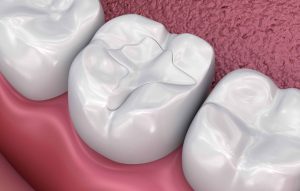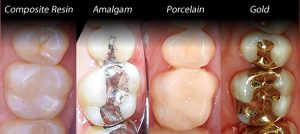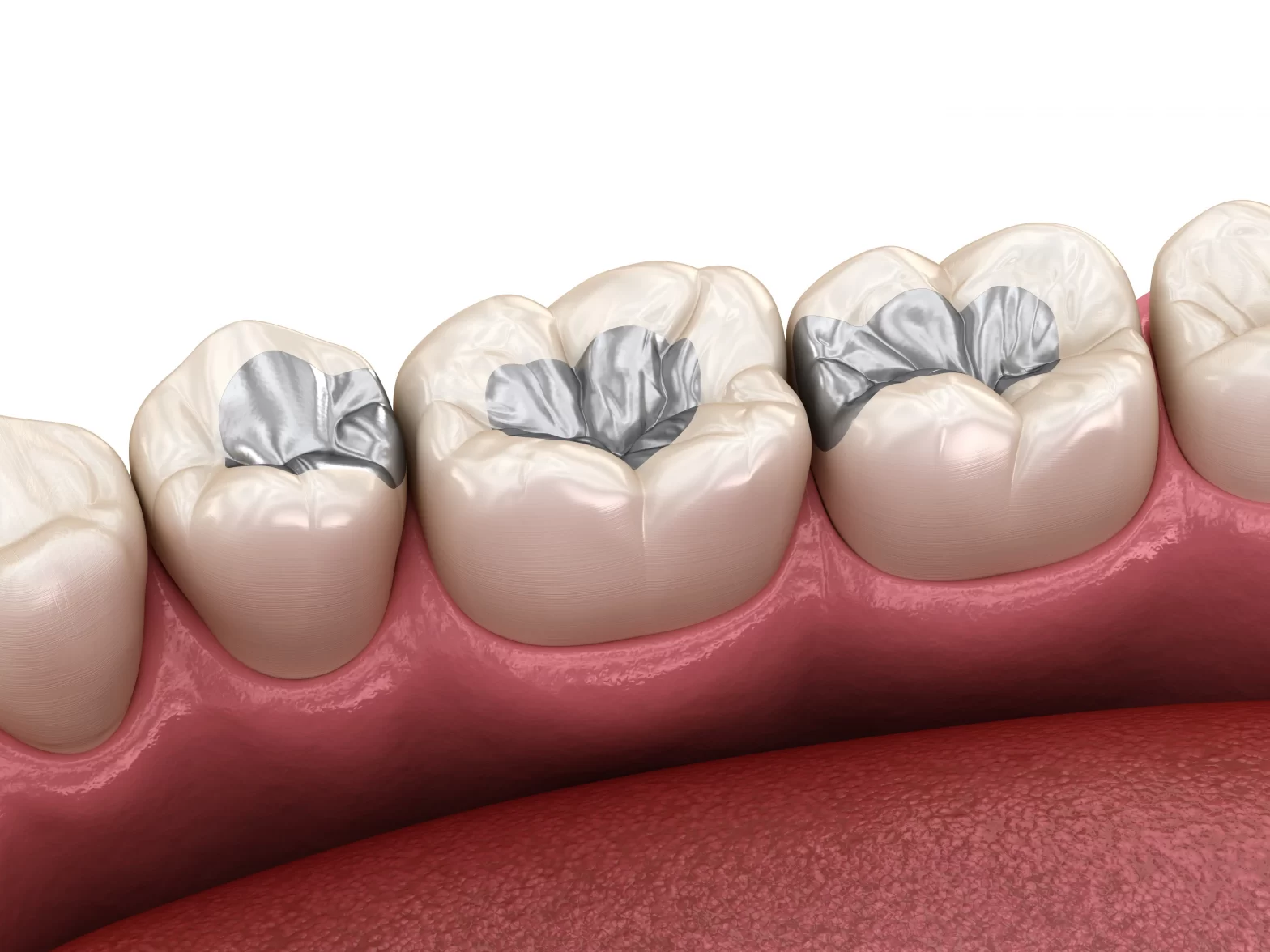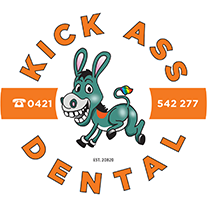How Long Do Fillings Last in Teeth? A Comprehensive Guide
When it comes to dental fillings, one of the most common questions people have is how long they can expect them to last. Dental fillings are used to restore teeth that have been damaged by cavities or trauma. They provide a durable solution to help protect and strengthen the affected tooth. In this article, we will explore the factors that influence the longevity of dental fillings and provide you with valuable insights on how to make them last.
The Lifespan of Dental Fillings
The lifespan of a dental filling depends on several factors, including the material used, the location of the filling, oral hygiene practices, diet, and individual factors such as teeth grinding or clenching. Here’s an overview of the typical lifespans of different types of dental fillings:
1. Amalgam Fillings
Amalgam fillings, also known as silver fillings, have been used for decades and are known for their durability. These fillings can last anywhere from 10 to 15 years, and sometimes even longer with proper care. They are highly resistant to wear and tear, making them a popular choice for back teeth where chewing forces are greater.
2. Composite Fillings
Composite fillings, commonly referred to as tooth-colored or white fillings, are made of a mixture of plastic and glass particles. They offer a more natural appearance than amalgam fillings and are often used on visible teeth. The lifespan of composite fillings is typically around 5 to 10 years. However, advancements in dental materials have improved their longevity, and they can last longer with good oral hygiene habits.
3. Ceramic Fillings
Ceramic fillings, also called porcelain fillings, are known for their aesthetic appeal. They are custom-made to match the color of your natural teeth, providing a seamless blend. Ceramic fillings are highly durable and can last for 10 years or more. They are an excellent choice for individuals who prefer a natural-looking restoration.
Factors Affecting the Longevity of Fillings
While the expected lifespan of dental fillings gives you a general idea, it’s important to note that several factors can influence their longevity:

1. Oral Hygiene
Maintaining good oral hygiene practices is crucial for the longevity of dental fillings. Regular brushing, flossing, and using an antibacterial mouthwash can help prevent tooth decay and gum disease, which can compromise the integrity of fillings. Make sure to follow your dentist’s recommendations for oral care.
2. Diet
Your diet plays a significant role in the health of your teeth and fillings. Limiting sugary foods and drinks, as well as acidic beverages like soda and citrus juices, can help prevent the formation of new cavities and protect existing fillings. Opt for a balanced diet rich in fruits, vegetables, and dairy products to promote dental health.
3. Teeth Grinding and Clenching
If you have a habit of grinding or clenching your teeth, known as bruxism, it can put excessive pressure on your fillings and lead to their premature failure. Consult your dentist if you suspect bruxism and consider wearing a mouthguard during sleep to protect your teeth and fillings.
4. Regular Dental Check-ups
Scheduling regular dental check-ups is essential for the early detection of any issues with your fillings. Dentists can identify signs of wear, leakage, or decay around the fillings and take appropriate measures to address them before they become more significant problems. Aim to visit your dentist every six months for a comprehensive examination.
Taking Care of Your Fillings
While the lifespan of dental fillings is influenced by various factors, you can take certain steps to ensure their longevity:
1. Maintain Excellent Oral Hygiene
Brush your teeth at least twice a day using a fluoride toothpaste and a soft-bristle toothbrush. Floss daily to remove plaque and food particles from between your teeth and around your fillings. Incorporate an antibacterial mouthwash into your routine to further promote oral health.

2. Avoid Bad Habits
Avoid biting on hard objects like ice, pens, or nails, as they can chip or damage your fillings. Additionally, refrain from using your teeth as tools to open packages or bottles. These habits can put unnecessary stress on your fillings and weaken them over time.
3. Follow a Tooth-Friendly Diet
Choose a diet that supports dental health. Limit your consumption of sugary and acidic foods and drinks, as they can contribute to tooth decay and erosion. Opt for tooth-friendly alternatives like water, unsweetened tea, and crunchy fruits and vegetables that can help clean your teeth naturally.
4. Attend Regular Dental Check-ups
Don’t neglect your routine dental appointments. Regular check-ups allow your dentist to monitor the condition of your fillings and address any concerns promptly. They can also provide professional cleanings to remove plaque and tartar that can contribute to decay. https://kickassdental.com.au/inner-west-dentist/
In conclusion, the lifespan of dental fillings varies depending on the type of filling, oral hygiene practices, diet, and individual habits. By practicing good oral hygiene, adopting a tooth-friendly diet, and visiting your dentist regularly, you can maximize the lifespan of your fillings and maintain a healthy, confident smile for years to come.





